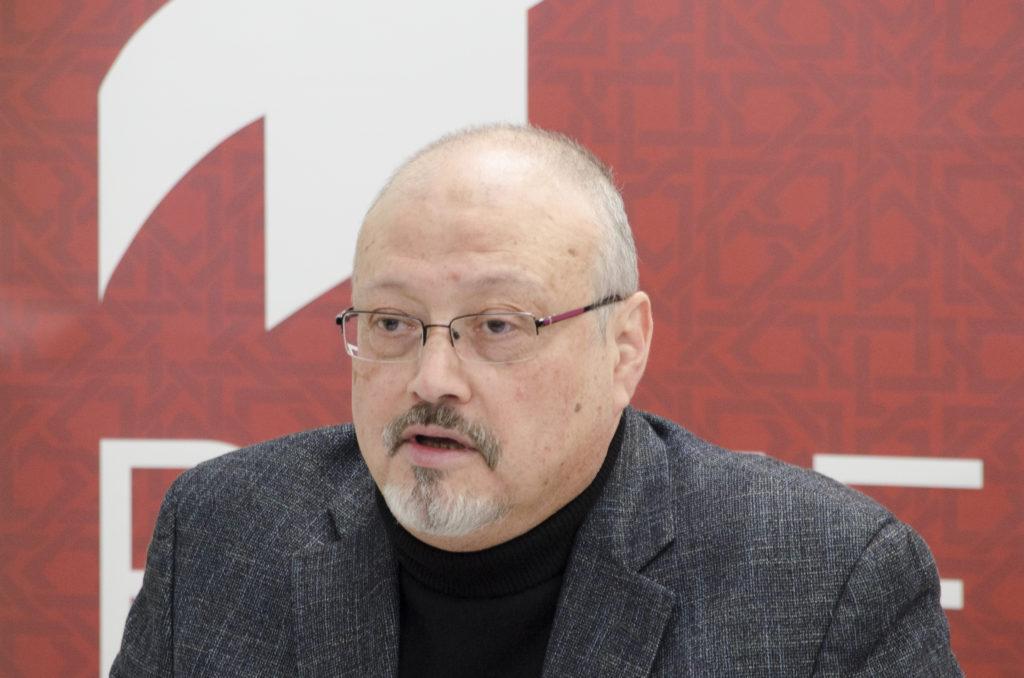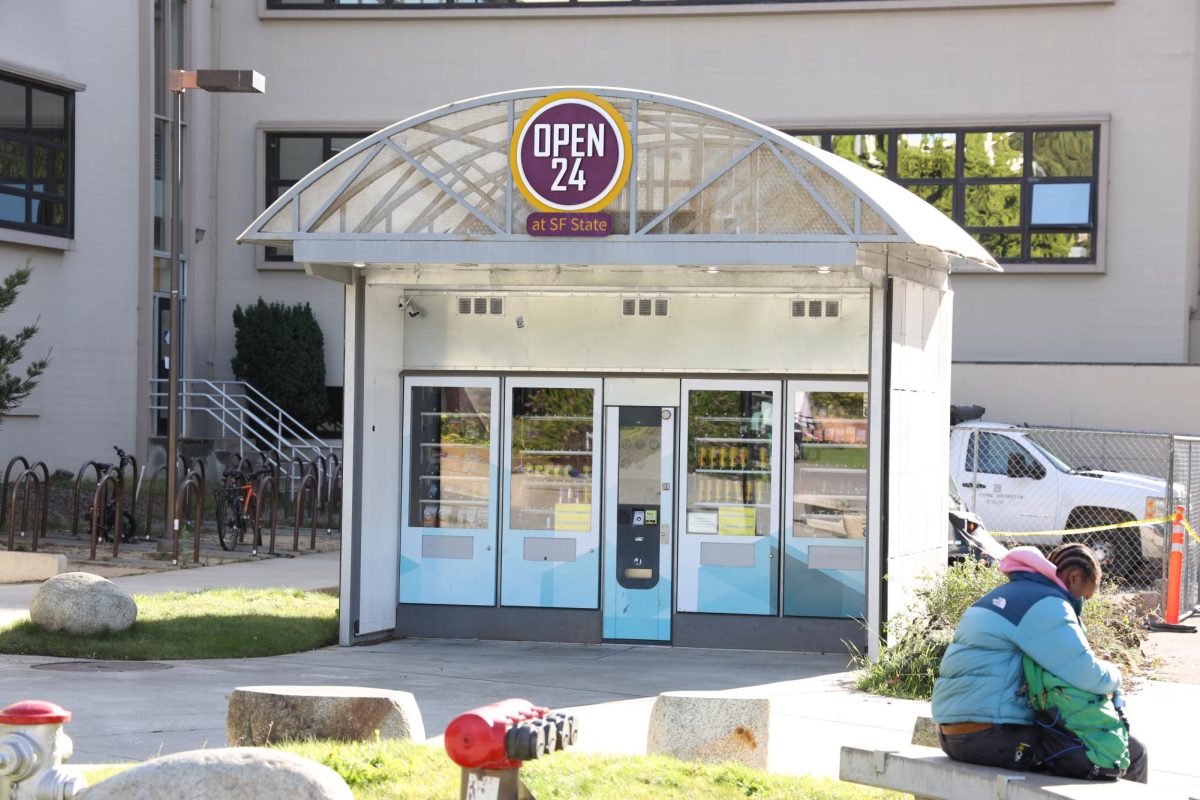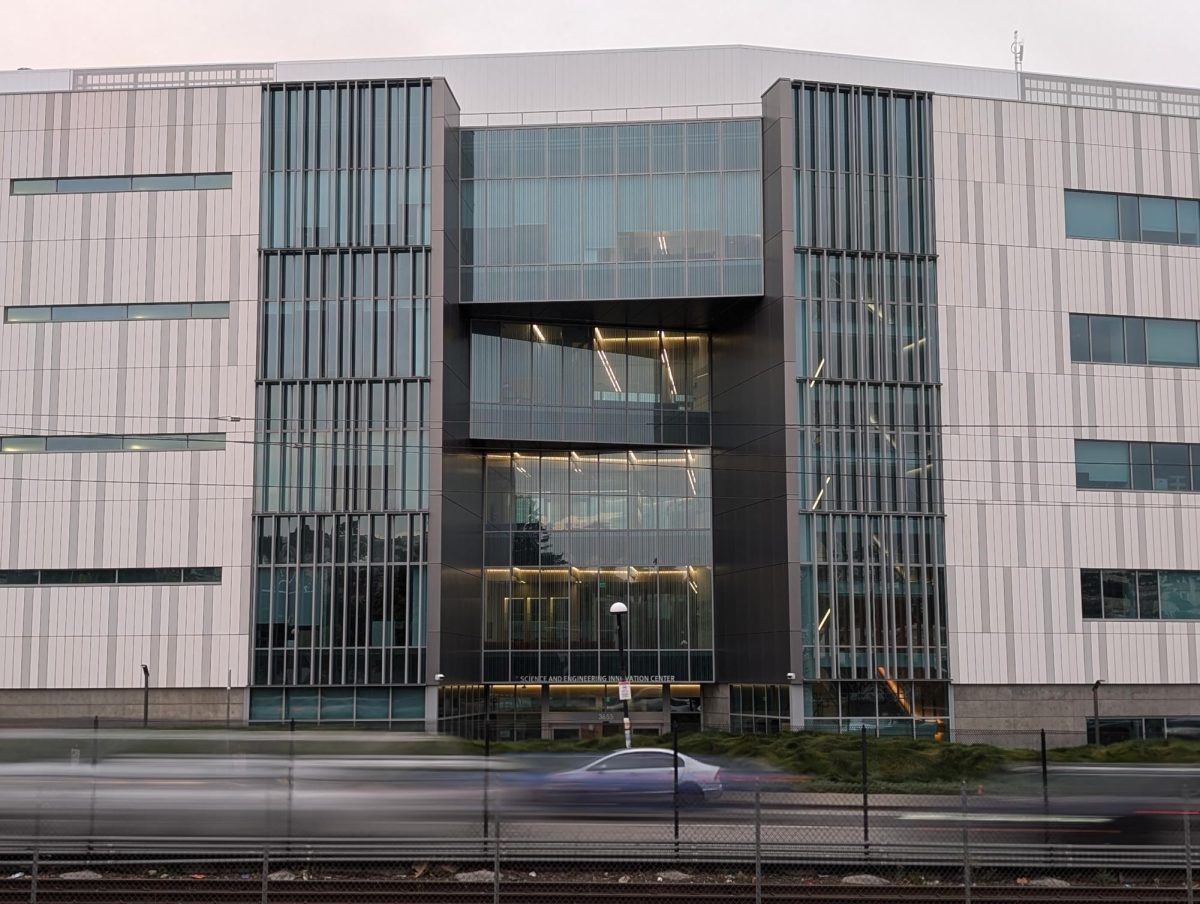Jamal Khashoggi has been the face representing slain journalists since his murder in the Saudi consulate on Oct. 2. The impact of his death and the persecution many journalists are met with today moved Time magazine to name Khashoggi and an ensemble of embattled journalists as 2018’s “Person of the Year.”
Joining Khashoggi as Time’s Person of the Year are staff members of the Capital Gazette in Annapolis, Maryland, who suffered a mass shooting in June that killed five employees; CEO journalist of Rappler Maria Ressa, who is currently facing tax evasion charges from the Philippines Department of Justice; and Reuters journalists Wa Lone and Kyaw Soe Oo, who were jailed for their reporting on the Rohingya crisis. Time has dubbed this issue, “The guardians and the war on truth.”
The Committee to Protect Journalists (CPJ) reports that 34 journalists have been murdered with a confirmed motive this year. Khashoggi’s death is an ominous reminder that the media is under attack by state institutions. In most recent events, the U.S. Senate voted Dec. 13 to end support for Saudi Arabia’s war in Yemen despite the president’s idle attitude toward Khashoggi’s murder. Trump’s reaction should come as no surprise, considering his behavior toward journalists and members of the media throughout his term as president and in his 2016 campaign. He even stated earlier last month that he can’t imagine anyone else being person of the year but himself.
When under a capitalist system, many sentiments of morality are thrown out the window to satisfy the demands of economic growth. Like many journalists that enter the arena of politics and international affairs, Khashoggi’s job was to uncover the truth and the injustices of the people in power. Because of his criticism of a major monarchical society and the totalitarian government that oversees it, Khashoggi was unable to lead a life of assured safety. The scenario is similar as more reporters become victims of their work environment.
The U.S. should realize that the attacks on the press around the world have contributed to what the Capital Gazette suffered this summer, and there has yet to be an answer on how to dispel these events. Since the Gazette newsroom shooting, the issue of press safety has only gotten exponentially worse. The New York Times has been threatened over the phone, bomb threats have been made toward news channel CNN, and the White House pulled and returned correspondent Jim Acosta’s press credentials. These are just a few examples of how anti-media sentiment is evolving in 2018.
These cruelties toward journalists are a human rights issue, one that leaves authoritarian governments unchecked. Wielding the economic and global power that we do, the U.S. has a responsibility to think critically on how to act toward media suppression. Calling out journalists as the enemy of the people has turned the public against those whom Time is now calling the “guardians.” With the guardians dead, imprisoned or otherwise silenced, corrupters can enter positions of power and the voice of the people becomes lost. Having given them this title is a step in the right direction, toward shedding light on the oppression endured by journalists at the hands of world leaders.










